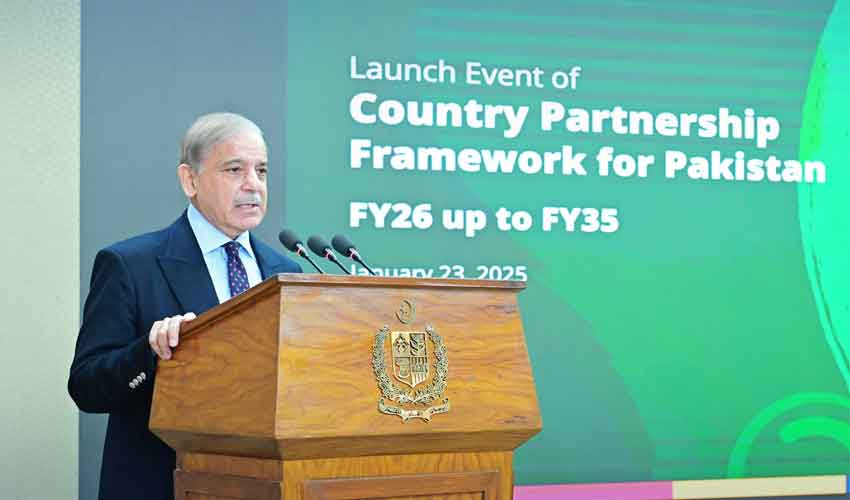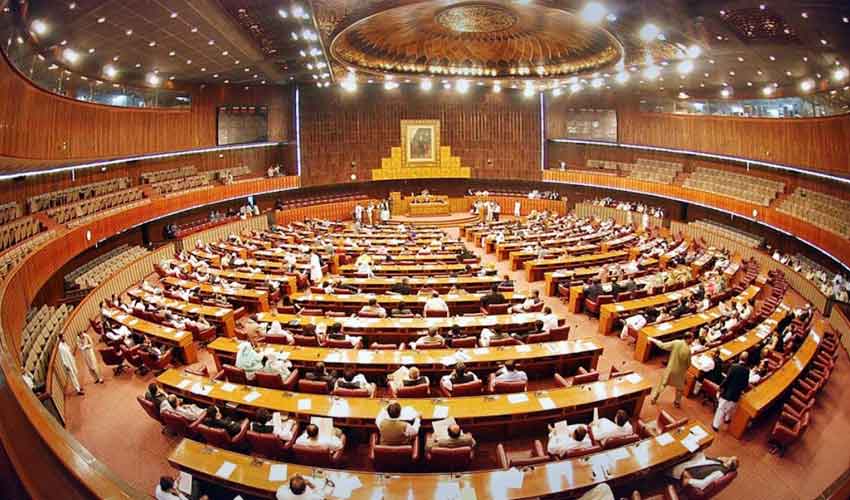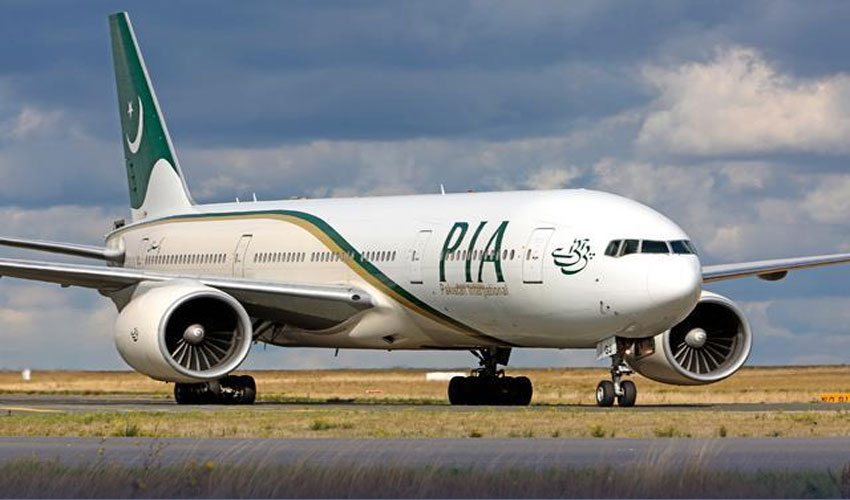The World Bank has unveiled a strategic 10-year Country Partnership Framework for Pakistan, targeting critical socio-economic challenges from 2026 to 2035.
World Bank Vice President for South Asia Martin Reiser officially launched the initiative, committing $20 billion in funds to support Pakistan's development over the next 10 years.
The framework focuses on ambitious goals over five to 10 years, including poverty reduction, addressing child stunting, and tackling climate challenges. Key objectives encompass promoting clean energy, improving air quality, and encouraging sustainable development through public participation. The plan also aims to take measures to increase private investment, employment, and trade.
The Bank observed in the report that the Pakistani economy is emerging from recent crises, yet is still faced with several risks, including political instability. It recognised that Islamabad had introduced reforms in the financial, energy, and business sectors with the aim to accelerate the pace of growth.
“However, there is a lack of confidence due to past failures,” the World Bank noted. Economic projections indicate Pakistan's growth trajectory, with the World Bank forecasting economic growth rates of 2.8% in the current fiscal year, potentially rising to 3.2% next year and 3.4% in 2027. Inflation is expected to gradually decrease from 11.1% this year to 8% by 2027.
It observed that the tax-to-GDP ratio will likely reach 10.9% this year and 11.2% in 2027.
The World Bank also predicted an increase in Pakistan's debt obligations, with the debt-to-GDP ratio predicted to reach 73.8% this year and 74.7% next year. It said this rate is likely to rise to 75.2%.
However, the framework acknowledges significant challenges. Pakistan faces high political, governance, and macroeconomic risks. The country's Human Development Index remains low, with it scoring a very low 41 out of 100 in the Human Capital Index.
The Bank further said that one in three children aged five to 16 were out of school, amounting to 25.4 million children being out of school and the potential economic losses of 9% by 2050 due to climate change. The report noted that 2.6 million children were deprived of education after the coronavirus pandemic and floods.
Pakistan's economy is likely to lose 9% by 2050 due to climate change, as per the World Bank report, adding that the state's footprint in the Pakistani economy is very high. The government has more than 200 government institutions that are valued at 48% of GDP.
The World Bank stresses poverty eradication and food security and emphasises the importance of investing in social protection and human resources, recognising Pakistan's growing population of over 240 million as a potential development opportunity.
Reiser stressed that achieving these goals of the Country Partnership Framework requires continuous hard work and a coordinated strategy between the private and public sectors over the entire 10-year period. "These goals will not be achieved in a few months or one to two years," he stressed.
Prime Minister Shehbaz Sharif also participated in the opening ceremony of the framework, highlighting a significant milestone in Pakistan's economic development.
Addressing the event, the PM emphasised the World Bank's long-standing support for the country across various sectors. "The World Bank has been supporting Pakistan at different times. It has helped Pakistan in various sectors," he remarked.
Key highlights of the partnership include:
- A 10-year Country Partnership Framework
- $20 billion investment commitment
- Focus on six key sectors, including climate change, agricultural development, and information technology
Shehbaz Sharif further emphasised the ongoing digital transformation of the Federal Board of Revenue was of utmost importance, recalling that a faceless system had been created for Karachi Port and Customs officials. He reiterated the potential for trillions of rupees in additional revenue through such systemic reforms.
The PM noted that the reforms being implemented should have been initiated decades ago. He stressed that the funds would be directed towards critical areas such as education and health, with a primary goal of eliminating corruption. "The government team is making efforts to achieve difficult but impossible tasks and goals."
Shehbaz also noted that the presence of the World Bank's vice president was a "guarantee of Pakistan's development," underscoring the international financial institution's confidence in the country's potential.



























